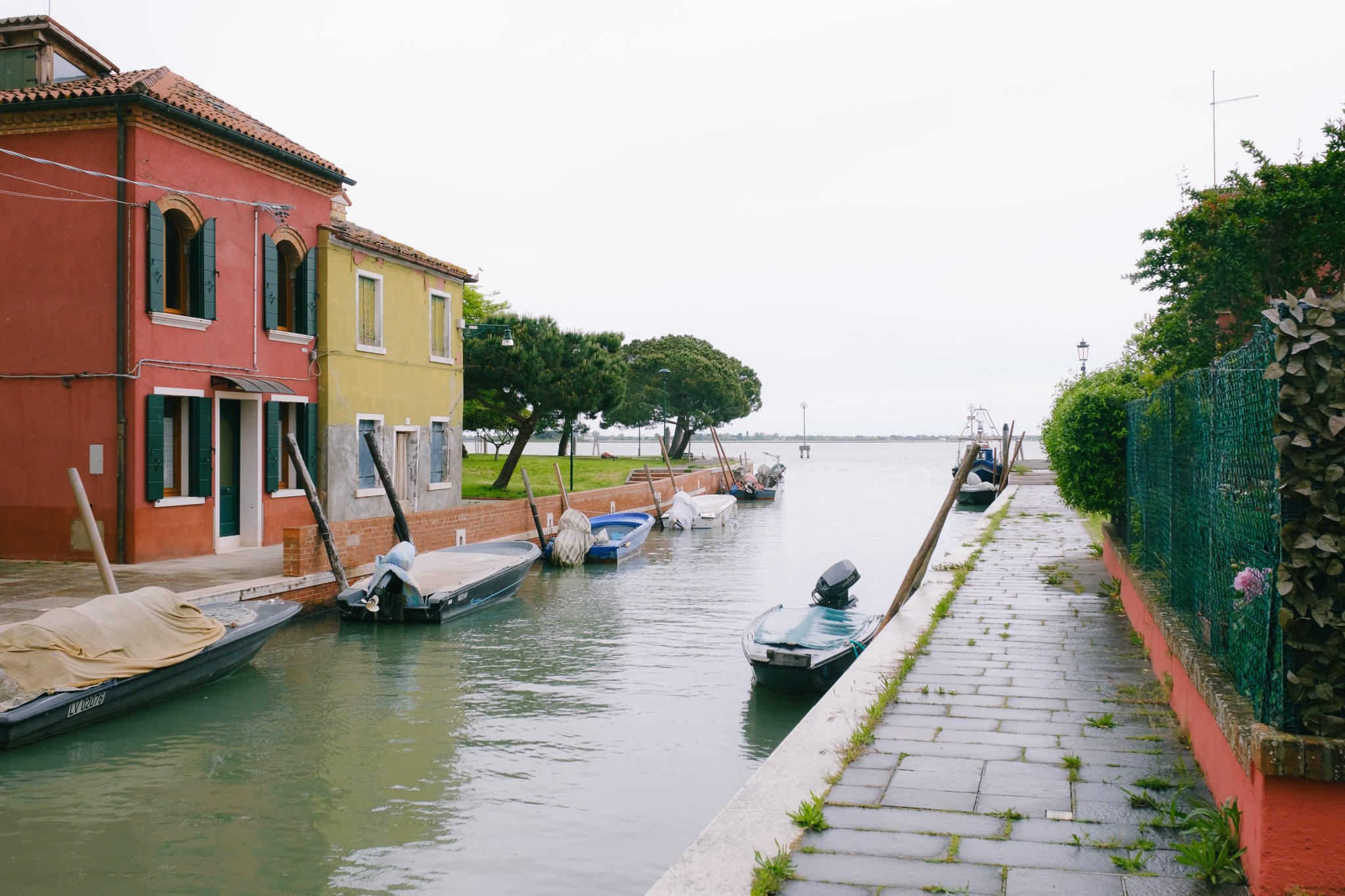How To Photograph In Boring Light
When it comes to photography, light really is one of the most important aspects. Be it blue hour, golden hour or even midday, having good light really can make a photo. However what do you do when the light is rubbish?
I am from the UK, therefore I am all too familiar with the grey, dreary and dull light that we have on overcast days. Although I try to only shoot on sunny days, sometimes it is simply not possible and you have to make do with uninspiring light. Also when you are travelling and only have a certain amount of time in a city, you don’t have the luxury of choosing the best light.
In this blog I will share with you some tips for how you can improve your boring light photography and walk away with images that you’re pleased with.
Exposure
Let’s start with the most basic yet useful tip. Overexpose your shots. You don’t need to have everything perfectly exposed. I always have it just a touch before any clipping and honestly I think this looks the best. By having the scene overexposed you’re making everything bright which automatically lifts the whole mood of the image. Personally I like to overexpose by 0.3 or even 0.6 in camera and then further adjust as needed when I am editing.
Contrast
Seek out naturally high contrast environments. This is usually done by shooting from a darker place into a brighter place. A source of light does not always need to be the sun. Simply having a large brighter area flood a smaller darker area, you can create natural contrast. Then shoot either 90 degrees to the brighter area or straight into it. In editing, you can increase the contrast a little but be careful, it is very easy to overcook it. Better get as much natural contrast in camera as possible and fine tune it later in post.
Over Expose The Sky
If you are a “properly exposed” histogram enthusiast, then you might want to skip this section as it might hurt your feelings. Actually the first tip would have already given you the shakes. Anyway. There is nothing wrong with having the sky blown out when the light is dull. Why? Because unless you find various shades of grey arousing, I’m not judging, then having an exposed flat grey sky will just make your image look and feel somewhat miserable. Of course if there are crazy clouds, that’s a different ballgame. However that doesn’t happen often. Also when I say over exposed, I don’t mean fully blown out and 100% white. Maybe just a smidge from being fully blown out or simply off-white.
Colour
When everything is dull and grey, seek out colour. Find colourful subjects, backgrounds and foregrounds. Don’t overdo it however as having too many colourful elements can lead to visual confusion. Instead opt for one or two bright colourful items to brighten up the entire shot. If the colours happen to work well together, even better.
Simplicity & Lens Choice
The absence of strong good light can make all the small details within your image become more visible and distracting. Try to simplify your scene as much as you can and have a clear subject. Maybe use foreground elements to hide part of the frame, or maybe you find areas of natural contrast and hide some of the mess in the dark shadows. However you go about it, always try to keep the scene simple. One of the ways to achieve the previous point is to use a longer lens. I am talking about 50mm, 85mm and even 135mm. By using a longer lens, you make it easier to compose and remove the distractions.
Rain
If you want to add another element or layer to your images, try shooting in the rain. Not only will you get reflections and an overall softer image but the colours will pop more too. You will also get people with umbrellas, people running, hiding and covering. So plenty more subjects to shoot. Of course photography in the rain comes with its own set of challenges and risks. The obvious one being keeping you and your camera dry. This is a topic for another blog though.
Black and White
The last tip is to shoot black and white. Chances are on a grey day there is not much colour so why not just remove it out of the equation and focus on exposure and tonality. By shooting black and white you will find that the scene is no longer as dull as it seemed when shooting in colour. This will hopefully give you some confidence and results in some good shots too. Also this now means your focus is more on composition and lighting. Finally the same tips for exposure and contrast also apply here.








